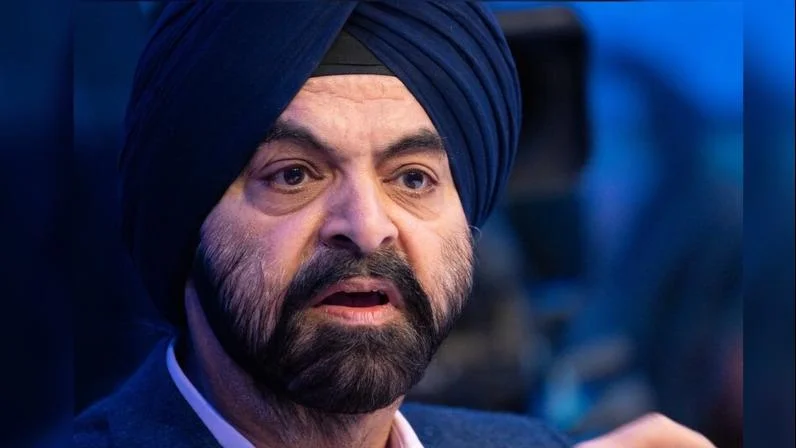The World Bank's recent economic update on Mauritania reveals a slowdown in the country's growth rate, which decreased to 5.2% in 2024 from 6.4% in 2023. This reduction is largely due to a drop in extractive production and more restrained public consumption. However, Mauritania's macroeconomic fundamentals are reported to be strengthening, aided by tight monetary policy, declining global food and energy prices, and prudent fiscal management.
Despite the uncertain global environment, the medium-term outlook for Mauritania remains positive with an expected average growth of 4.9% from 2025 to 2027. Nevertheless, there are significant risks related to global market volatility and internal vulnerabilities.
The report stresses the importance of diversifying Mauritania's economy beyond its extractive sectors by investing mining revenues into agriculture, services, and the digital economy. This approach is seen as vital for maintaining macroeconomic stability while promoting inclusive growth.
Reforming social policies is highlighted as crucial. The shift from generalized subsidies to targeted cash transfer programs like Tekavoul marks progress in reducing poverty nationally. The expanded national social registry facilitates better identification of vulnerable households and improves targeting efficiency.
While Tekavoul shows promising results in decreasing poverty and inequality, the report points out that social protection programs are limited by low benefit levels. It suggests considering a gradual increase in benefits alongside improvements in targeting mechanisms.
Recommendations include updating the social registry regularly, adjusting food subsidies according to household needs, enhancing institutional coordination through a national platform, and expanding economic inclusion initiatives.
Developing exit strategies for beneficiaries is also suggested as a means to build a more adaptive and resilient social safety net system against economic and climate-related challenges.

